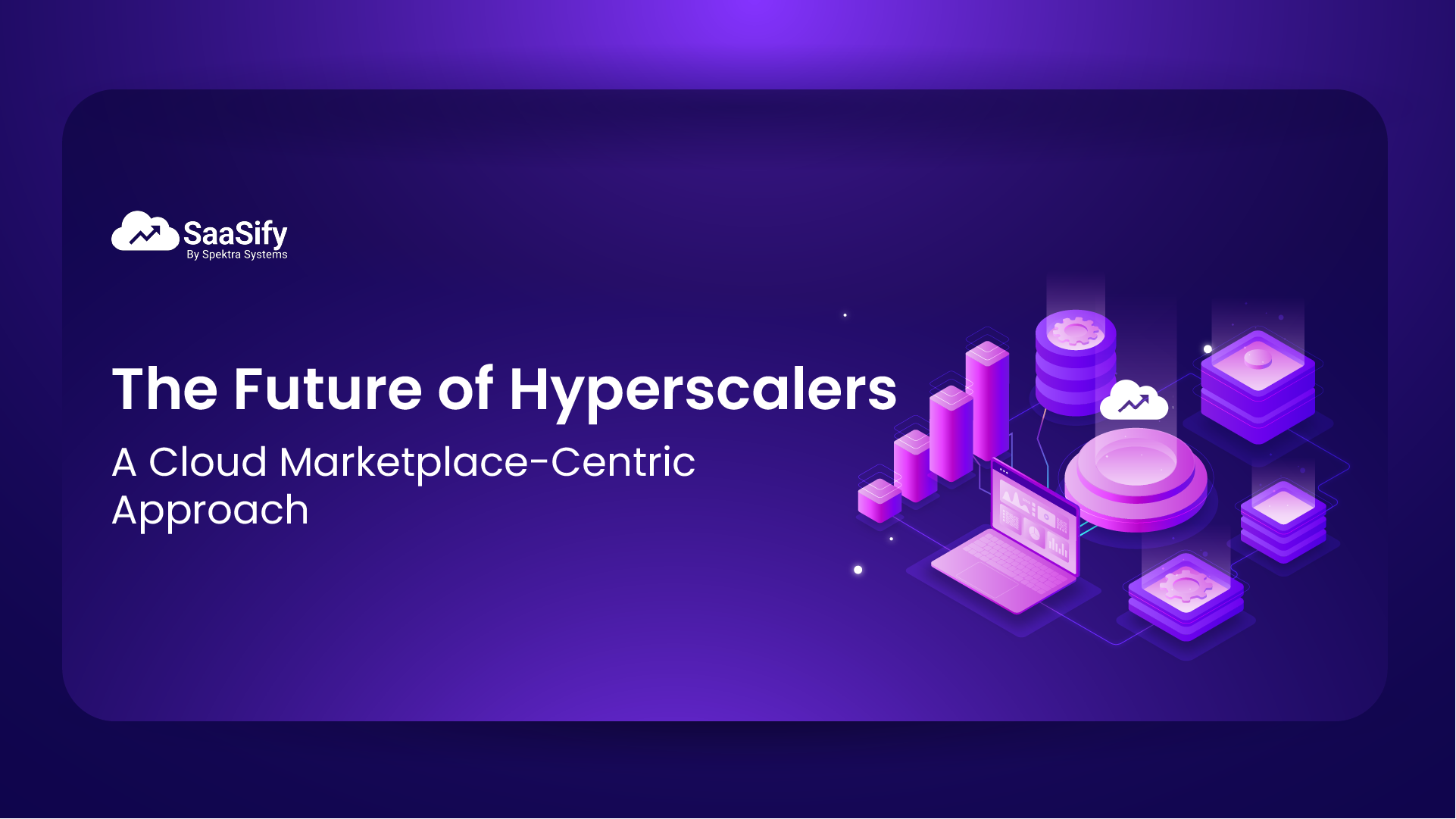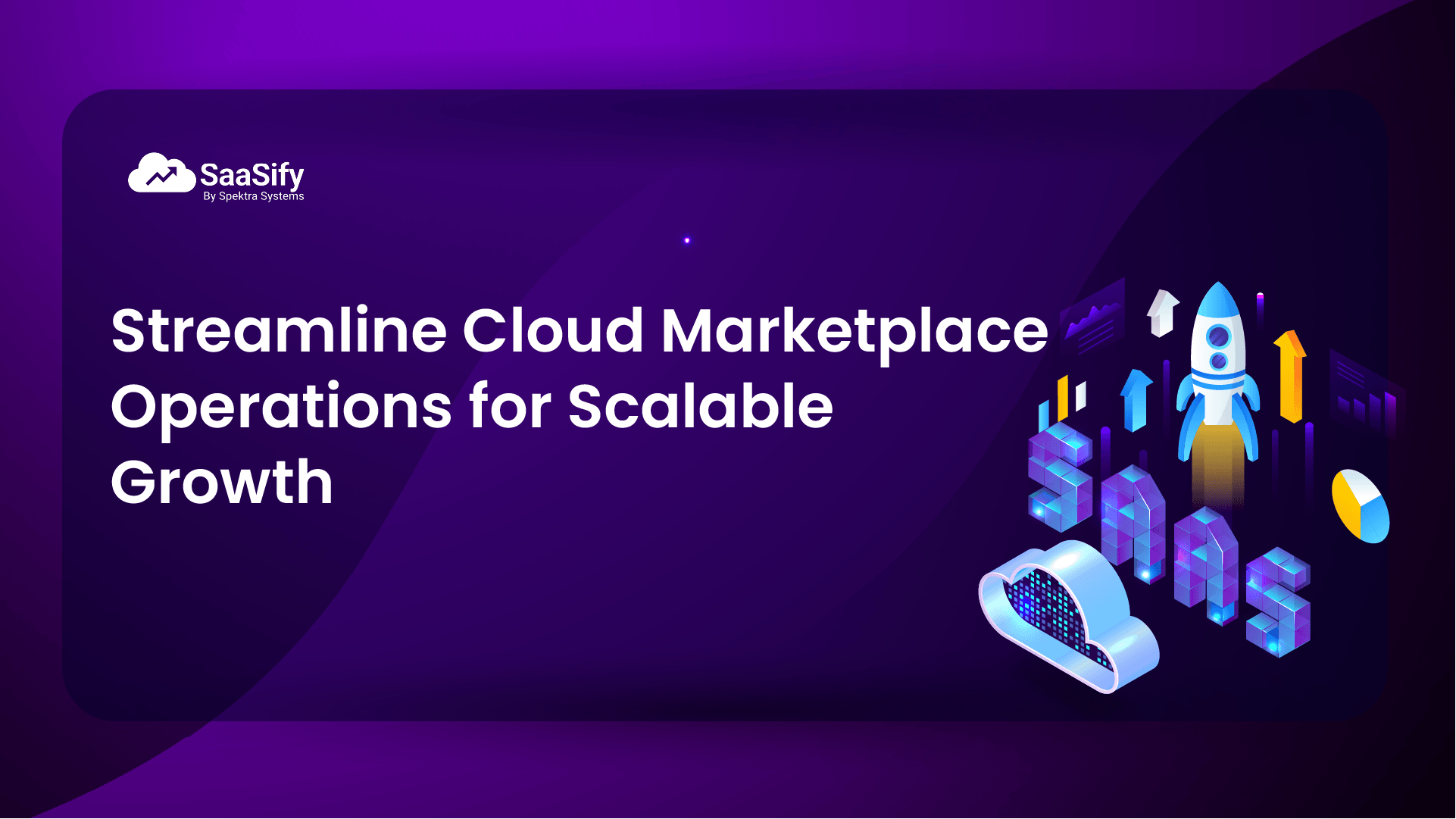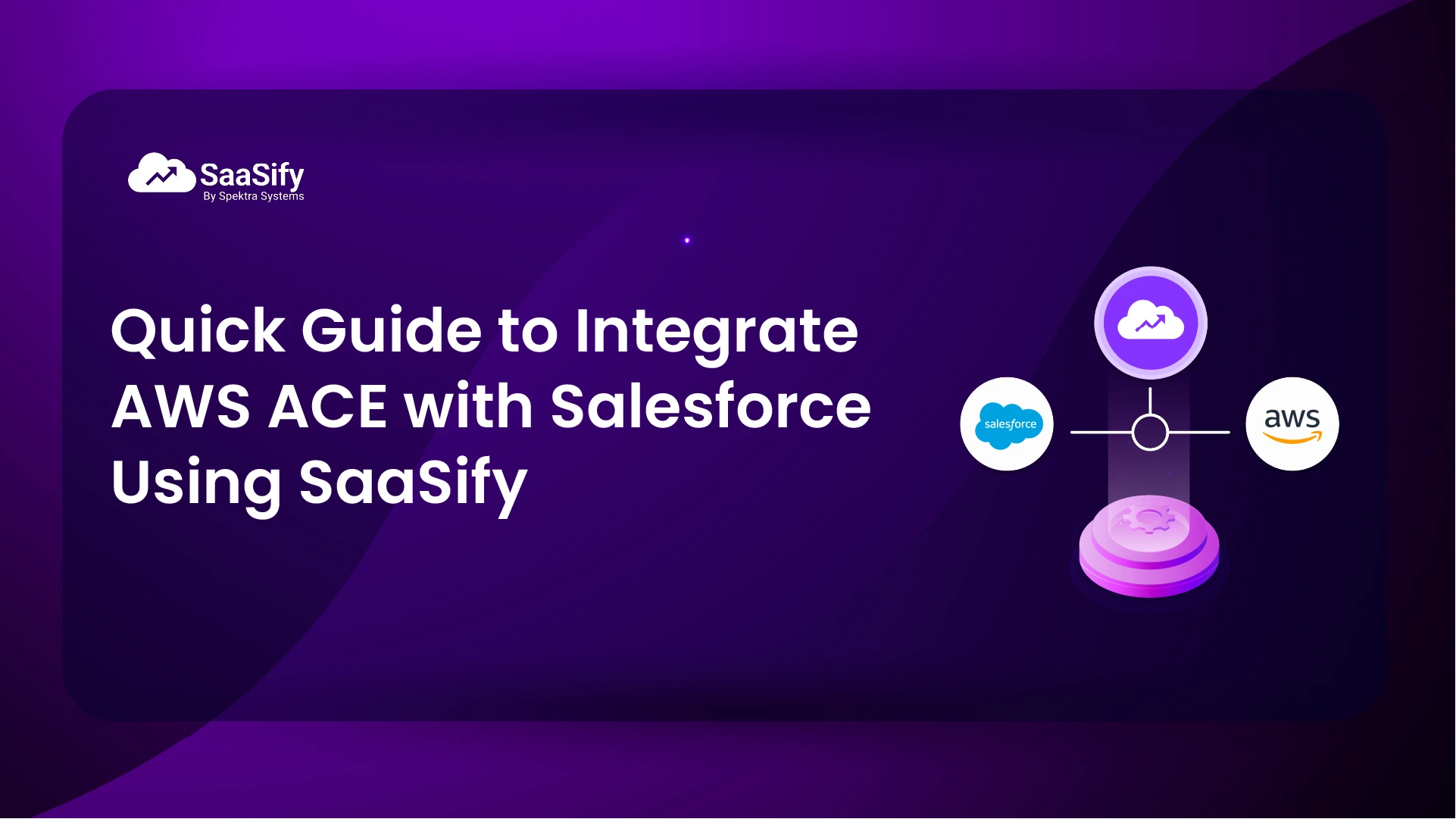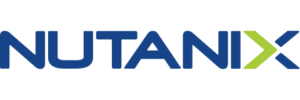Beyond the Cloud: Hyperscalers‘ Strategic Shift to Marketplace-Led Growth
Over the years, businesses have explored diverse strategies and approaches to drive their revenue and bottom line goals. For a long time, sales-led and marketing-led growth was considered to be most effective, where the onus was on the competencies of sales leaders and marketing campaigns, respectively. Gradually, sellers moved towards a product-led growth tactic, focusing on the product to drive the customer’s buying journey, with the onus on the product, its features, performance, etc. However, a new business trend is now on the horizon, especially for SaaS sellers and ISVs, highlighting the potential of marketplace-led growth. ISVs can now boost sales with Cloud Marketplaces like AWS Marketplace, Azure Marketplace and GCP MarketplaceThe new strategy puts hyperscalers or cloud marketplaces at the center of business growth and consider them as instrumental in driving revenue, innovation and an exemplary customer experience. For a long time, hyperscalers have been seen as channels to list software products to drive traffic to the conventional sales channel. In this approach, cloud marketplaces are only considered to be resources for lead generation. However, the recent years have seen the rise of marketplace-led growth, where hyperscalers are being recognized for their all encompassing potential to transform software sales for ISVs. In this article, we will focus on the transition towards marketplace-led growth, what it means, best practices for ISVs to capitalize this strategy and the future trends to look out for.Cloud marketplaces as a channel for sales, innovation and customer success
Let’s quickly understand the reasons behind the exponential rise in marketplace-led growth or the adoption of hyperscalers as a channel for sales, innovation and customer success. Invariably, ISVs are moving away from simply using marketplaces as a listing platform for product visibility, while focusing on the product, sales and marketing as key approaches for growth. Undoubtedly, each of those components is important, but marketplaces are now being viewed as playing a pivotal role in bringing all other strategies together. Here are the top reasons perpetuating the rise of marketplace-led growth.Procurement efficiency and cost optimization
One of the first reasons for marketplace-led growth is the potential of hyperscalers to help customers with efficient and optimized procurement. Many enterprise customers are more likely to choose a SaaS product or ISV that has a marketplace presence or offers transactable offers than its competitors that solely focus on traditional sales channels. In such a scenario, the marketplace becomes the key driver for new customer acquisition. Here are some of the reasons why customers are promoting marketplace-led growth:- Self service experience, which allows customers to procure publicly available software solutions directly, without any ISV intervention.
- Opportunity to capitalize on pre-committed cloud consumption across hyperscalers, which facilitates cost optimization for customers
- Stamp of approval from hyperscalers facilitating higher trust and credibility



















